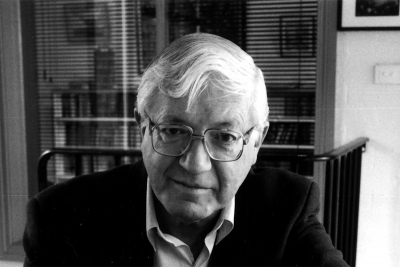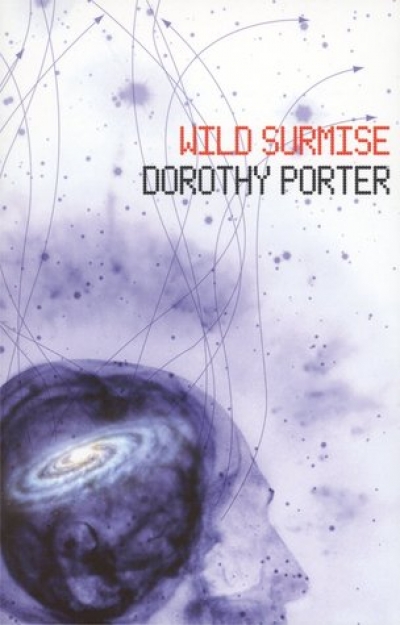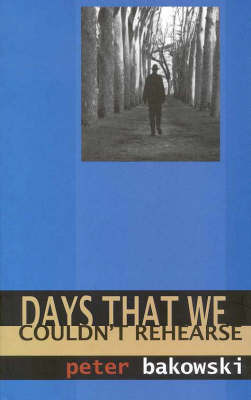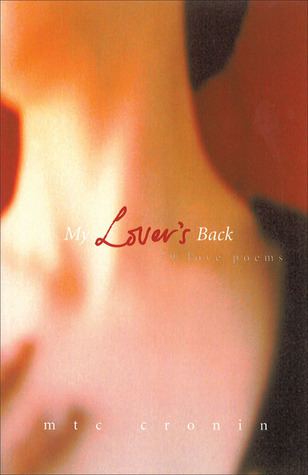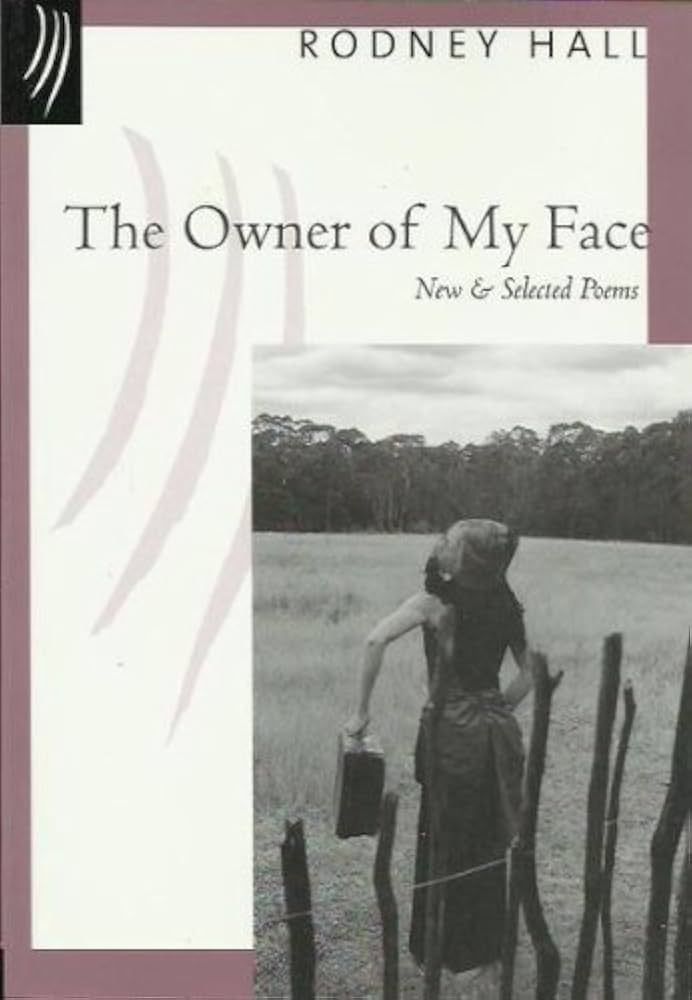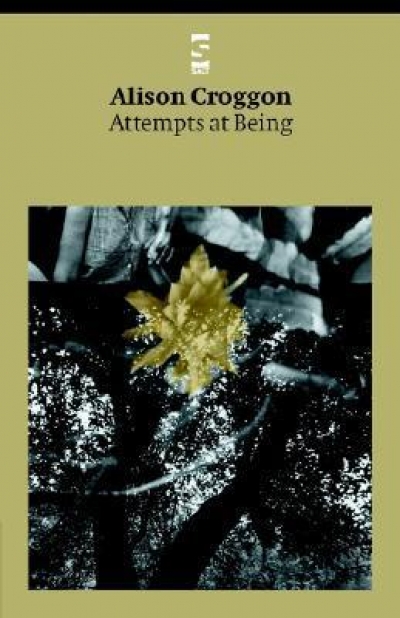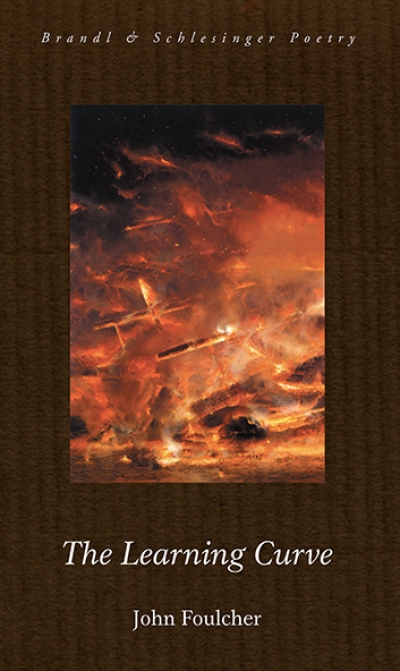Poetry
A stable of silver
was our sacred skite.
It’s the poor in us
my father said; we are ill
with going without
even when we gain
a stable of silver.
‘Bring the guests this way, son.’
That’s Oreka from his Hotham
rout. That’s Ima Martian from
leading all the way.
Sliding the glass, the mirror skins
of trophies warped us round.
Decanters and their goblets of young
buckled the face of a bender-down.
Trays and teapots like models
for a meal, never used,
hardly touched except by my mother
when champagne washed the plum
from her mouth and improved her swearing.
China was not a country,
it was a cup and saucer place
in there at arm’s length from the world,
her arm’s length, turning over a dish
to show her Wedgwood or Doulton tattoos.
Some years ago I wrote a poem called ‘A Table of Coincidences’, which contained the lines: ‘the day Christopher Columbus discovered America / Was the day Piero della Francesca died.’ This is a verifiable fact, unless changes in the Western calendar have altered things. Clearly, I was being sententious and reactionary: the ancient good of the world and its new doubtfulness seemed to start on the one day. A hostile reviewer pointed out that every date in the world is the anniversary of some other date, and poured scorn on my notion by suggesting that a momentous event like the Armistice in 1918 might share a date with the invention of Coca-Cola. But we still honour anniversaries, and I am only too conscious of the 365 days that have passed since 11 September 2001.
... (read more)Dorothy Porter’s new verse novel, Wild Surmise, takes an almost classic form. The verse novel is now well-established as a modern genre, and Porter has stamped a distinctive signature and voice on the verse form, particularly with the phenomenal success of her racy, action-packed detective novel, The Monkey’s Mask (1994) ...
... (read more)Some years ago I wrote a poem called A Table of Coincidences’, which contained the lines: ‘the day Christopher Columbus discovered America / Was the day Piero della Francesca died.’ This is a verifiable fact, unless changes in the Western calendar have altered things. Clearly, I was being sententious and reactionary: the ancient good of the world and its new doubtfulness seemed to start on the one day. A hostile reviewer pointed out that every date in the world is the anniversary of some other date, and poured scorn on my notion by suggesting that a momentous event like the Armistice in 1918 might share a date with the invention of Coca-Cola. But we still honour anniversaries, and I am only too conscious of the 365 days that have passed since 11 September 2001.
... (read more)Peter Bakowski’s Days That We Couldn’t Rehearse is in many ways the most consistent and satisfying of his five collections to date. He has cultivated strengths and eliminated weaknesses found in earlier volumes. Yet it is unmistakably Bakowski; to mimic his much-loved crime fiction imagery, his prints are all over the scene.
... (read more)Who hasn’t written a love poem? ... Our letters are love poems. Our TV soaps, our films and our songs are love poems ...[Cronin’s] collection is for anyone who has loved, who loves or who wants to be in love, here and now.
... (read more)The Owner of My Face by Rodney Hall & Collected Poems by Les Murray
W.H. Auden wrote, ‘Bless what there is for being’; and Beckett, of God: ‘The bastard, he doesn’t exist.’ Poetry swings between these poles, of celebration and deploration, lauds and plaints. At least, so it goes with poets who, otherwise disparate, have the trenchancy of Rodney Hall or Les Murray. Neither is a stranger to nuance, to evocation or implication, and any of these can be a tactical resource in mind or mouth for either of them; but the agenda is proclamation as often as not, and the sentiments are hued accordingly. At the end of most of their poems there is a pendant which says, in invisible writing, ‘dixit!’, and one usually sees why.
... (read more)When people complain about ‘postmodernism’ in poetry, they are usually, for all their talk of form and technique, strangely indifferent to its intense aestheticism. The disruptions of syntax, use of indeterminacy, tonal disjunctions, obtruse formalism, and intertextuality are types of decorativeness, instruments of ornamentation. For all that Language poets and others press their political case, pleasure is the guilty secret of postmodern poetry.
... (read more)John Foulcher’s The Learning Curve is a sequence of poems set in a fictional school called Saint Joseph’s. The ancient chestnut in which a mother’s attempts to get her son off to school are met with a lot of sulking about the pointlessness of the work and the nastiness of the children – to which she responds that as the school’s headmaster he really has to go – feels peculiarly appropriate: neither the students nor the teachers particularly want to be there. Using mainly dramatic monologues, Foulcher paints a depressing picture of a school where professional disappointments, an inept and religion-infested staff, and a general air of mutual loathing combine to produce what amounts to a psychological tragedy (with some physical tragedies thrown in for good measure). Sometimes it’s as if Joyce Grenfell’s scripts tenderly mocking English schoolmistresses have been violently revised by a Writer in Residence at the proverbial School of Hard Knocks.
... (read more)I
Dad’s new car was that Ford Customline
wide as a bed and hissing with energy.
We’ll drive carefully, we promised
and took turns to burn up the bitumen
right the way to Helidon.
It never hissed after that. It sighed.
Sometimes guilt takes fifty years
before the blister breaks.
The Ford was traded in after only four years.
Dad’s silence was the rub.
... (read more)

